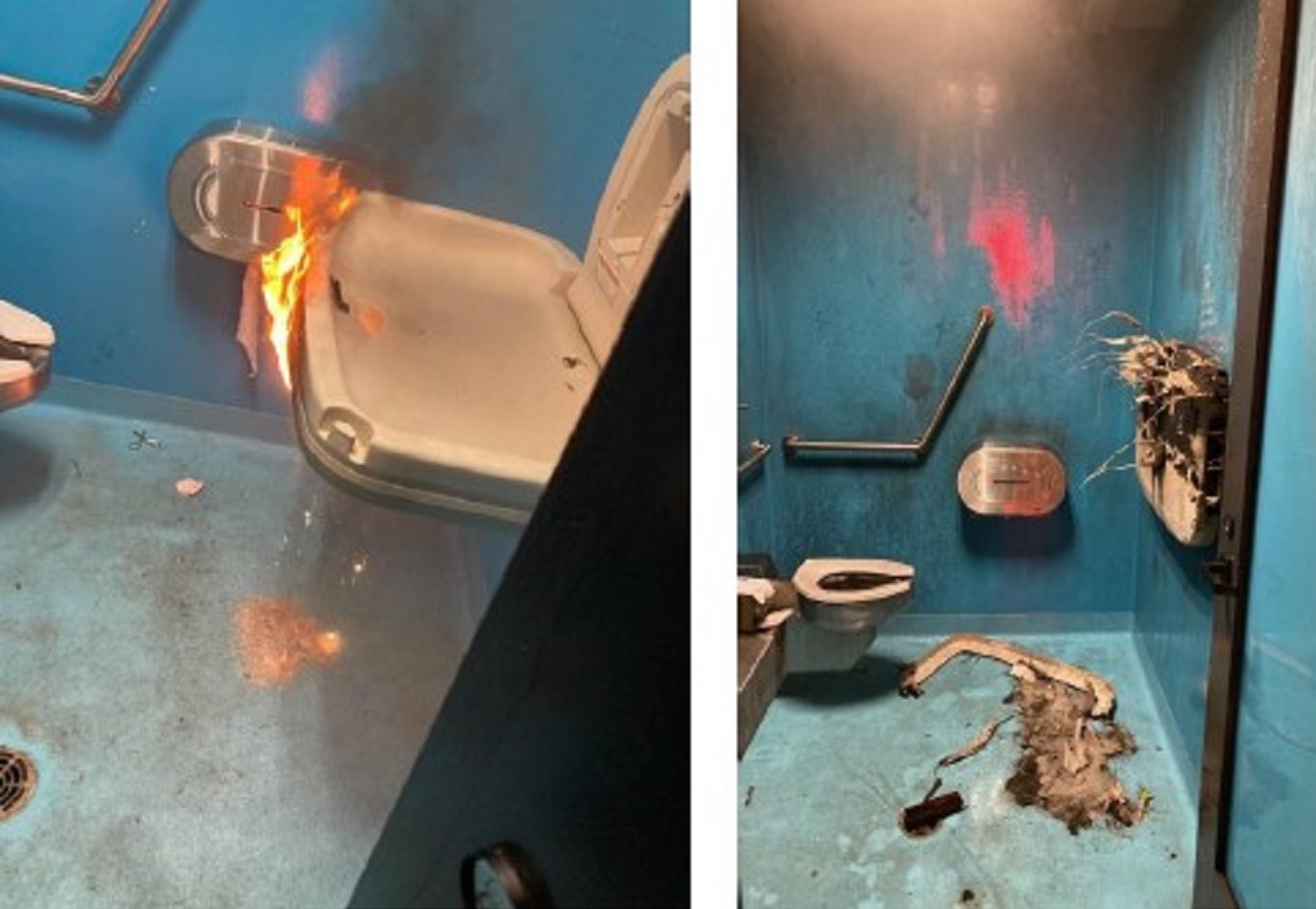As artists continue to feel the impacts of grant withdrawals and exhibition cancellations under the Trump administration, New York City Councilmember Erik Bottcher held an oversight hearing on alleged censorship in the arts sector on Thursday, November 20.
The hearing featured testimony from artists and cultural leaders, including New York City Department of Cultural Affairs (DCLA) Commissioner Laurie Cumbo; Asian American Arts Alliance Executive Director Lisa Gold; and Elizabeth Larison, director of the Arts and Culture Advocacy Program at the National Coalition Against Censorship.
The group called upon the City Council to address growing uncertainty, including the federal government’s abrupt mass terminations of arts grants and attempts to restrict content. In oral testimonies, the cultural leaders warned of self-censorship and a chilling effect on free speech among arts institutions and artists under the Trump administration.
Bottcher, whose district includes the West Village and Chelsea, said community members’ input at the hearing could lay the groundwork for the Council’s plans to support local arts organizations.
“This is not subtle. This is coordinated,” Bottcher said at the start of the hearing, referring to funding cuts from the National Endowment for the Arts (NEA), National Endowment for the Humanities (NEH), and Institute of Museum and Library Services (IMLS). “It’s a national attempt to control what people see, what they learn, and whose stories get told.”
Earlier this year, the NEA said it would prohibit applicants from promoting what it calls “gender ideology,” which includes trans inclusivity. A federal court, however, ruled the measure unconstitutional. During her testimony, DCLA Commissioner Cumbo said that her agency, unlike the NEA, does not consider content when making grant decisions through its Cultural Development Fund, which supports local nonprofit arts organizations.
“While we’re proud of this work and this record, we understand that our cultural sector is facing tremendous challenges right now,” Cumbo said. “Shifts in federal priorities are putting millions of dollars in cultural support at risk.”
According to figures cited by Cumbo, New York City cultural organizations were awarded $32 million total in grants from the NEA, NEH, and IMLS, agencies the Trump administration is attempting to dismantle. Cumbo said DCLA would continue to monitor the state of federal funding among the city’s organizations.
“With so many mixed and confusing signals coming from the federal administration, we have seen that many groups feel pressure to self-censor, to avoid risking their federal support,” Cumbo said. “This is deeply troubling.”
The most important action the department could take in the present moment, Cumbo continued, is “to reaffirm our support for cultural programming in its full diversity,” but cautioned that the agency could not totally replace federal funding. The DCLA has, however, increased its budget for local arts councils by 15% to reach small organizations and local artists. The commissioner also pointed to the newly formed Create in Place office, which provides support in navigating city legal requirements and looking for affordable space.
Annie Dorsen, a co-founder of the nationwide call to action Fall of Freedom, drew particular attention to the impact of Trump administration policies on international artists. The theater artist warned that visa uncertainty and immigration crackdowns could prompt arts institutions to quietly disconnect from immigrant and international artists.
“A trans artist from Brazil, a Palestinian filmmaker on an academic exchange, or a performance artist from Nigeria might find themselves effectively erased from cultural discourse, not through explicit prohibition, but through administrative risk aversion,” Dorsen said.
As cultural organizations face increasingly precarious federal funding, they are turning to private funders, Gold said during the testimony. She emphasized that this trend could leave small organizations serving Black, Indigenous, and People of Color (BIPOC) populations in the lurch.
Playwright Lynn Nottage, also a Fall of Freedom co-founder, presented Councilmember Bottcher with perhaps the clearest request of the hearing: to create an emergency fund for artists whose grants are in jeopardy.
“Local and local support from the city can serve as a powerful rebuttal to the federal efforts at suppression by clearly communicating that New York City stands behind every artist’s voice,” Nottage said.
Bottcher’s office has not responded to Hyperallergic’s inquiry about what future actions the councilmember plans to take to protect the arts.
Tagged: Censorship, New YorkIsa Farfan
Isa Farfan is a staff reporter for Hyperallergic. In May 2024, she graduated from Barnard College, where she studied Political Science and English and served as the Columbia Daily Spectator's Arts &... More by Isa Farfan




